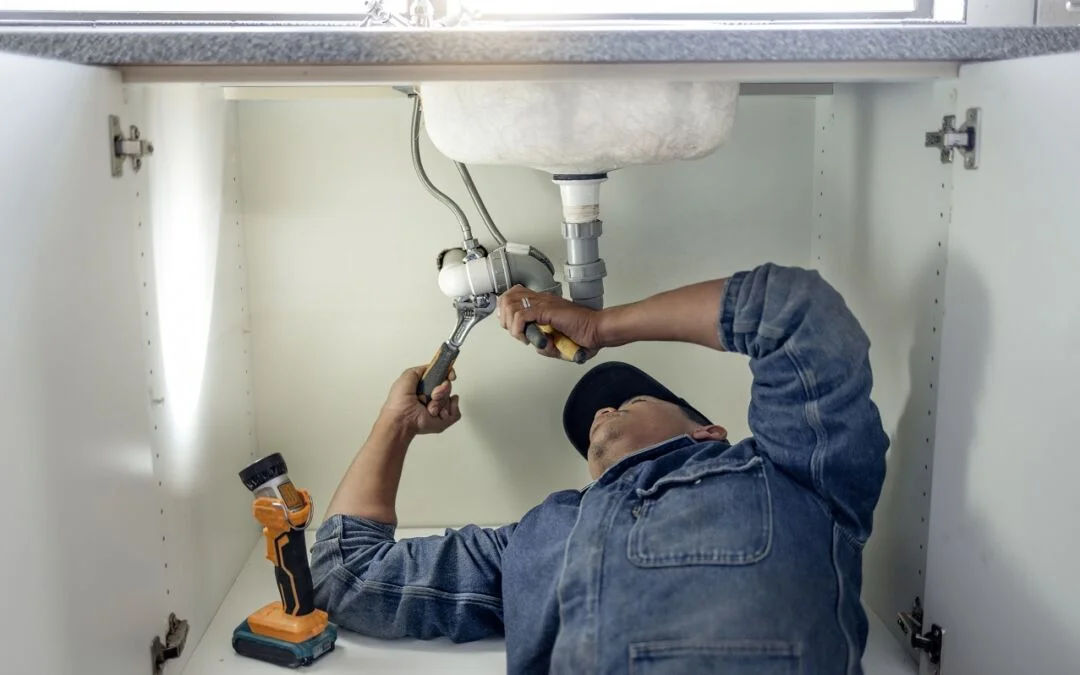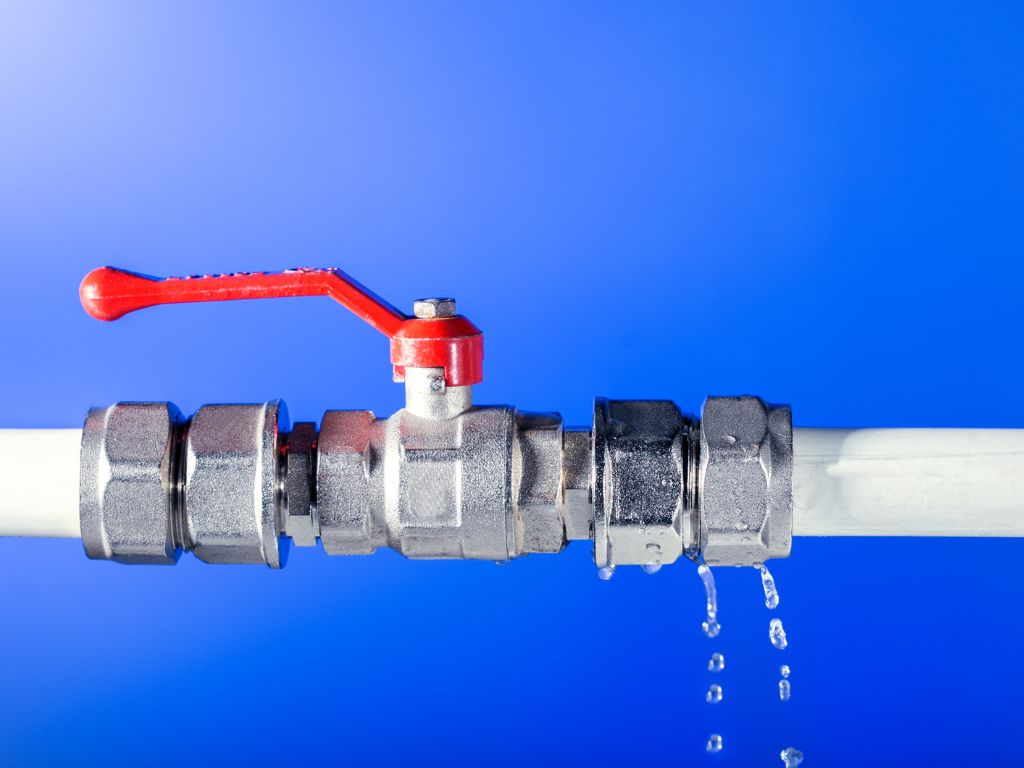Addressing Emergency Plumbing Problems: Fast Tips Until Professional Help Arrives
Addressing Emergency Plumbing Problems: Fast Tips Until Professional Help Arrives
Blog Article
This great article following next pertaining to Plumbing Emergencies: Tips on What To Do Before is rather interesting. Read it for your own benefit and see what you think about it.

Pipes emergencies can strike at any moment, causing stress and anxiety and prospective damage to your home. Whether it's a ruptured pipe, a clogged up drain, or a leaky tap, understanding how to handle the situation till an expert plumbing gets here can conserve you from further complications. This write-up offers essential emergency situation plumbing pointers to assist you mitigate damage and regain control throughout a plumbing situation.
Shut off the Water
The primary step in any pipes emergency is to shut down the supply of water. For local problems, such as a dripping faucet or commode, shut off the shutoff near the fixture. When it comes to a major leakage or burst pipeline, situate your home's primary water shut-off shutoff and turn it off quickly. Understanding the area of these valves ahead of time can save useful time during an emergency situation.
Address Tiny Leaks with Short-lived Fixes
Tiny leakages can promptly come to be substantial troubles if left untreated. Utilize these short-term repairs until professional help arrives:
While these solutions aren't irreversible, they can assist reduce water loss and damage.
Unclog Drains Securely
A clogged drainpipe can be a frustrating and messy issue. Right here's exactly how to tackle it:
If these techniques don't work, avoid using too much pressure, as it might aggravate the obstruction.
Handle Overflowing Toilets
An overflowing toilet can cause prompt disorder. Below's what you must do:
Turn off Your Water Heater
In particular emergencies, such as a burst pipeline, it's smart to shut off your hot water heater. This stops overheating or damages to the system when water stops moving. Shut off the power supply to the water heater (electrical or gas) and let it cool down to stay clear of potential threats.
Briefly Stop a Ruptured Pipe
A ruptured pipeline can lead to substantial water damage in mins. To alleviate the issue:
Call a specialist plumber right away to attend to the trouble permanently.
Handle Frozen Pipeline Very Carefully
In cooler environments, frozen pipes are a typical emergency situation. If you presume an icy pipeline:
Prevent More Damages
Taking fast activity to decrease damages can conserve you money and time in the long run. Here's exactly how:
. Have an Emergency Situation Pipes Kit
Prepare a basic plumbing emergency situation package to deal with small concerns properly. Your kit ought to include:
Having these tools available can make a considerable difference in your capability to handle emergency situations.
Know When to Call a Specialist.
While quick fixes can help temporarily, particular pipes concerns call for instant expert interest. Call a plumbing if:.
Promptly speaking to an expert guarantees the issue is resolved appropriately and avoids further complications.
Verdict.
Plumbing emergencies can be overwhelming, but with the appropriate expertise and tools, you can manage the scenario successfully until aid shows up. By shutting off the water supply, resolving tiny leakages, and utilizing temporary solutions, you can lessen damage and keep your home safe. Bear in mind, these ideas are short-term remedies; constantly seek advice from a qualified plumber to manage the root cause of the issue. Prep work and quick reasoning are your best allies in any type of pipes emergency.
8 Helpful Tips for Managing Plumbing Emergencies at Home
If your plumbing system hasn’t failed once, wait for it because almost everyone has a story to tell. Sometimes, it could be simple emergencies such as a leaking pipe, a blocked cistern, or even a big burst pipe. In situations like this, you need to have some handy tips to save you some money and from possible damages.
Take care of minor issues early.
Sometimes, you could have avoided an emergency by taking proactive measures while it was still early. Some major plumbing emergencies can be a result of an ignored minor issue. We recommend that you have items like plumbing tapes and other related items. A plumbing tape can allow you to manage minor leaks before the plumber arrives.
Cut off the water supply.
This tip is essential in almost any type of leakage problem. For problems like minor leakages in the toilet or kitchen, turn off the supply that takes water to the affected pipes. If the leakage is a major pipe, you must shut off the supply valve to the entire building. This will help you avoid flooding your home and neighbors if you share a flat.
Know your plumbing system
Folks typically move into a new apartment without understanding the water supply around the building. This can prove disastrous if a water emergency arises and the plumber is far away. The previous tip will prove useless if you don’t practice this one. More importantly, know where your water shut-off valve is located – you’ll need that knowledge to prevent potential home floods.
Have some common handy tools
There are lots of plumbing emergencies that you can handle without hiring a plumber. That’s why you must keep some tools available always. Some tools that you can use to fix simple plumbing emergencies easily include plumbing tapes, screwdrivers, thread seal tapes, plungers, pliers, tape measures, and rubber gloves.
Insulate your pipes from cold
You’ll save yourself from many plumbing expenses if you protect your water pipes from the cold. This is because of the harmful effects that cold weather can have on your pipes. During winter, your pipes can burst from being overly expected to freezing temperatures. So, make sure insulators are there to keep the pipes working correctly.
Avoid practices that will clog your toilet.
Many people indulge in practices that can damage the plumbing system of the entire building. One of these is when they use their toilet to dispose-off garbage. They flush all kinds of things, such as paper towels, bandages, hairs, female sanitary products, etc., down the toilet. This will block your toilet in the long run, incurring unnecessary expenditures. Dump such waste in the trash instead.
Check your dials regularly.
Sometimes, there could be leakages in your home without noticing them in time. So, constantly monitor your water meter dial. If the dial is reading when there is nobody using water, this is an indicator that there is leaking. Check for leaks immediately. Call a plumber as soon as possible if you can’t find any.
https://www.constructionplacements.com/8-helpful-tips-for-managing-plumbing-emergencies-at-home/

I recently found that blog posting about when doing a search on the web. If you enjoyed our blog entry please consider to pass it around. Thanks a lot for being here. Come back soon.
Get Quote Report this page